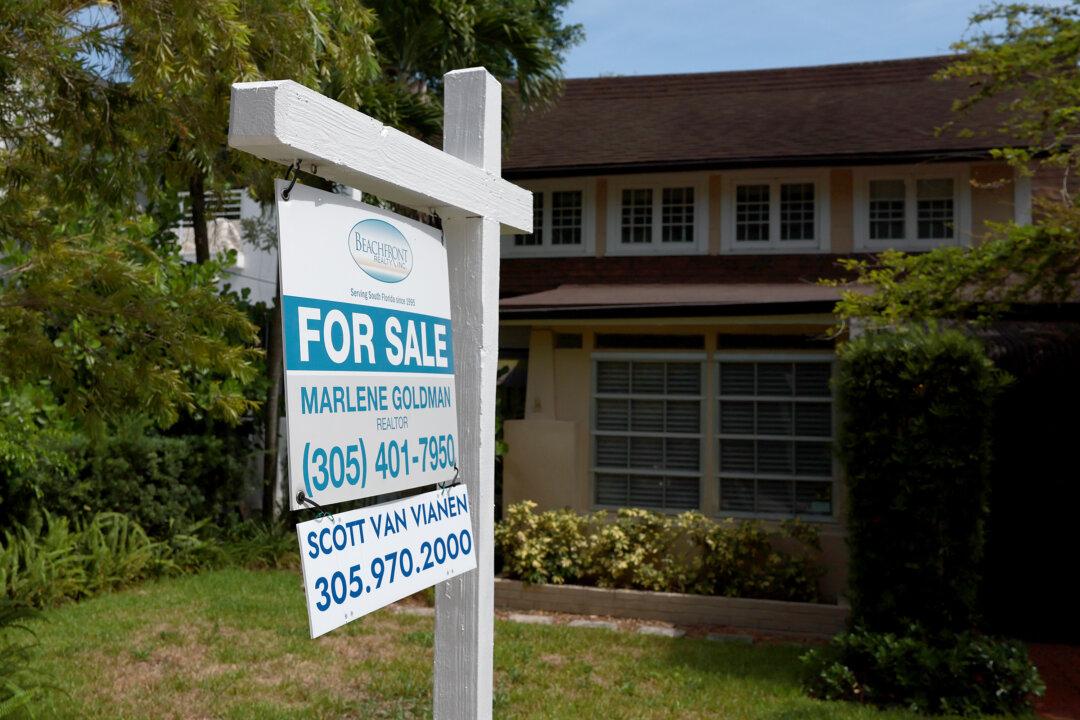Existing U.S. home sales have dropped 5.9 percent in July, the sixth consecutive month of decline, according to the National Association of Realtors (NAR), which admitted a “housing recession.”
At a seasonally adjusted annual rate of 4.81 million, home sales are down 25.9 percent since January and 20.2 percent from a year ago.





